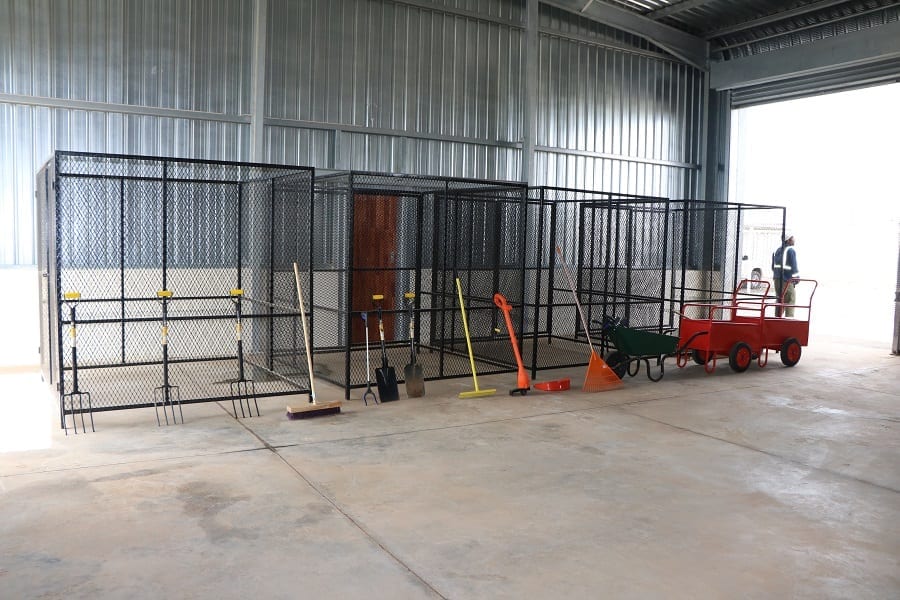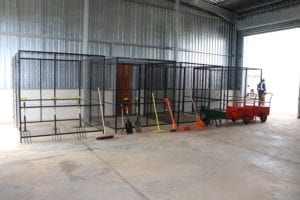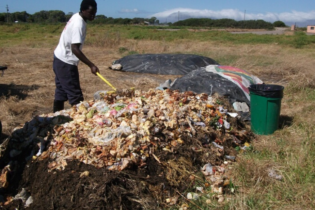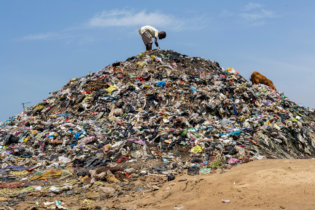
A brand new R19 million waste buyback centre was opened in Newcastle at the beginning of November 2016. Picture: Department of Environmental Affairs
Addressing the Osezweni community in Newcastle, Thomson encouraged the youth to actively participate in the re-use and recycling of waste.
“The implementation of these projects created 240 job opportunities to the members of the local communities,” the department said in a statement.
Waste management sector can grow economy
The waste management industry has significant potential to grow the country’s economy and create much needed jobs for the people of South Africa.
The department said that it was through such industry waste management plans that the government has continued to work towards an environment that is not harmful to the health and wellbeing of South Africans.
“Despite a total estimated value of R25 billion to the South African economy, the current rate of waste recycling has not been maximised,” the department said. “The buyback facility will assist the municipality to address the challenge of waste management and promote waste recycling in the area.”
The department added that the facility will help stimulate the diversion of recyclable waste from landfill sites, thereby creating economic opportunities for waste collectors.
SA’s heavy reliance on landfills
A Waste Information baseline study that was conducted by the Department of Environmental Affairs in 2011 revealed that approximately 108 million tonnes of waste was generated in South Africa. Of that, 97 million tonnes was disposed in landfills and only 10% of the waste in was recycled in 2011.
“This proves that we were very much a throw-away society,” Albi Modise, department spokesperson said, and added that such initiatives aimed at decreasing the amount of waste that was disposed of in landfills.
“The waste recycling economy is an exciting approach that will not only eliminate threats to environmental quality and its integrity, but also positively contribute to the growth and development of South Africa’s economy,” the department said.
“It is through this economic ingenuity that the DEA will also contribute to sustainable development and inclusive green economic growth by facilitating employment creation, infrastructure, skills development and strengthening small medium and micro enterprises in the waste management sector,” it added.
Four community recreational parks were also presented to the Newcastle community. The department said the parks were built to “benefit disadvantaged areas, with a focus on sustainable development in the greening and open space management areas”.
“The implementation of these projects provided beneficiaries with training opportunities in various fields including occupational health and safety, as well as personal financial management,” the department said, and added that these skills will assist beneficiaries to become employable in the future.









